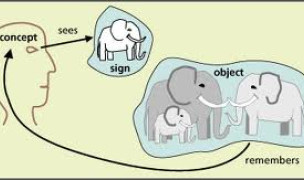 10 用語
10 用語ホーム > 用語 > アルメニア語 (HY) > կաշառակիրություն
կաշառակիրություն
Being corrupt is not just bad for the soul, it also harms the economy. Research has found that in countries with a lot of corruption, less of their GDP goes into investment and they have lower growth rates. Corrupt countries invest less in education, a sector of the economy that pays big economic dividends but small bribes, than do clean countries, thereby reducing their human capital. They also attract less foreign direct investment. There is no such thing as good corruption, but some sorts of corruption are less bad than others. Some economists point to similarities between bribery and paying taxes or buying a license to operate. Where it is predictable – where the briber knows what to pay and can be sure of getting what it pays for--corruption harms the economy far less than where it is capricious. The absence of corruption has huge economic benefits, however, by allowing the development of institutions that enable a market economy to function efficiently. In many of the world’s more corrupt countries, the distinction between private interest and public duty is still unfamiliar. Countries that have made graft the exception rather than the rule in the conduct of public affairs have been helped to grow by the emergence of institutions such as an independent judiciary, a free press, a well-paid civil service and, perhaps crucially, an economy in which firms have to compete for customers and capital.
- 品詞: 名詞
- 同義語
- ブロッサリ
- 産業/ドメイン 経済
- カテゴリ 経済
- Company: The Economist
- 製品
- 頭文字-略称:
メンバーのコメント
ニュース関連の用語
ピックアップされた用語
ピックアップされたグロッサリ
Browers Terms By Category
- 世界史(1480)
- Israeli history(1427)
- 米国史(1149)
- 中世(467)
- Nazi Germany(442)
- エジプト史(242)



